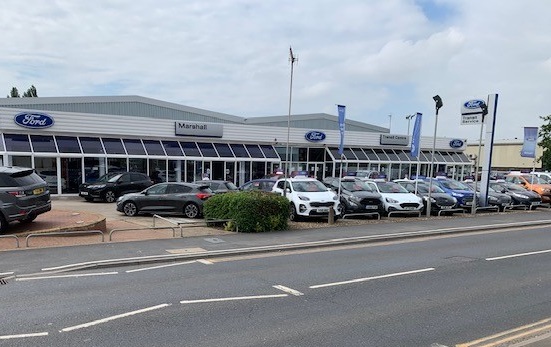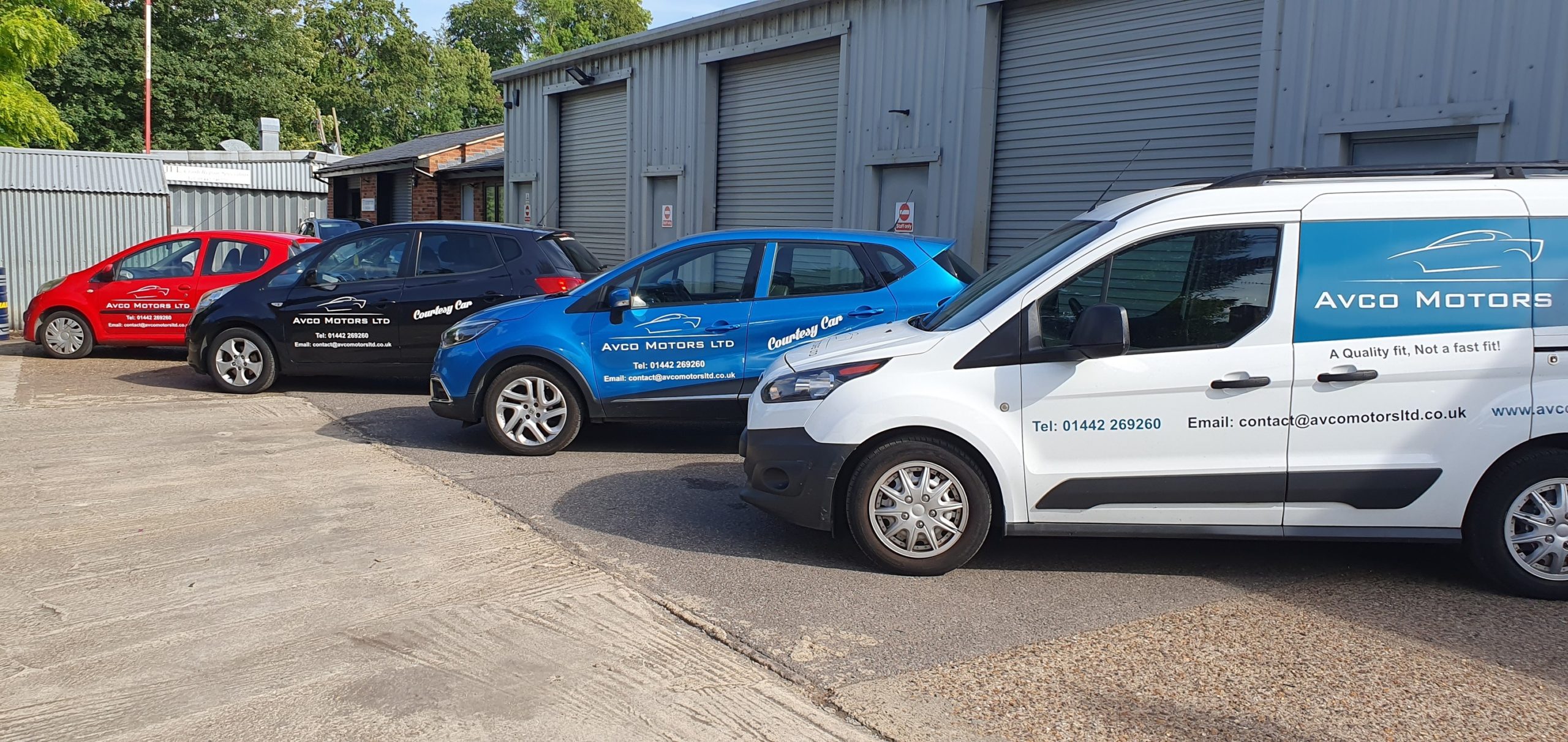Sometimes, things can go wrong when buying a car or when having it serviced and repaired. As part of our #StayCoolThisSummer campaign, The Motor Ombudsman has the following ten top tips to help you avoid disputes from the outset and to help manage the resolution process effectively should one arise.
- Always read any contracts, including the small print and all of the terms and conditions, very carefully before signing or agreeing to buy anything. You will then know exactly where you stand, plus you may need to rely on these documents should a dispute arise later down the line.
- Ask the garage whether any servicing and repair quotes include parts, labour and VAT. Any work that needs to be carried out on a vehicle, including that which arises during the repair process, should be authorised so that there are no surprises when you get the bill.
- When making a purchase or if you are collecting your vehicle after a service or repair, make sure that you check the vehicle thoroughly before you pay so that, if there is a problem, it can be raised straightaway.
- Check the invoice for accuracy when you receive it and always get a receipt so that you have a record of the work that has been done on your vehicle and the amount paid. You may also need the documents if you need to use any warranties provided with the parts or workmanship.
- If you think you have bought a faulty car or a garage has not repaired your car properly, make sure you take it back to that original dealership or garage. If you get the car fixed somewhere else, it is unlikely you will be able to claim the cost back of that repair because either the selling dealership or repairing garage should be given a chance to put things right.
- If you make a complaint to a dealership or garage, make sure you give them time to investigate the issue – usually around 8 weeks – and to provide a response. You can also ask whether the business has a preferred alternative dispute resolution (ADR) provider in case the dispute cannot be resolved. The law says that the business has to direct you to one, but bear in mind that they are not obliged to use it.
- It can be a stressful experience if a dispute arises, but it’s always best to stay calm and collected so that you can put forward your complaint in the most constructive way. Legal action should be used as a very last resort as it’s both costly and time-consuming for everyone involved. Engaging in ADR, a way of resolving issues outside of the courtroom through a service like The Motor Ombudsman, can help to avoid this.
- If you think your car has a fault or there has been an issue with your service or repair, and the garage or dealership disagrees, you might want to pay for an independent vehicle inspection. A garage or dealership can also obtain an independent report. Any reports will be taken into account if either the case goes through ADR or ends up in court. If the report supports your complaint, you may be able to claim back the cost.
- Get advice if needed and know your rights and how they can be used. The Citizens Advice Bureau, for example, can provide you with free legal guidance based on the latest consumer legislation.
- Goodwill is at the discretion of a business – this could be where your vehicle is outside of warranty or the business does not think they are at fault but wants to resolve the issue with you. However, there is no automatic entitlement to it. Remember that a goodwill offer can be withdrawn at any time so, if you reject it or do not reply within a specified deadline, the business may not reinstate it.
If you have a complaint which you would like to discuss with us, please contact us here.



